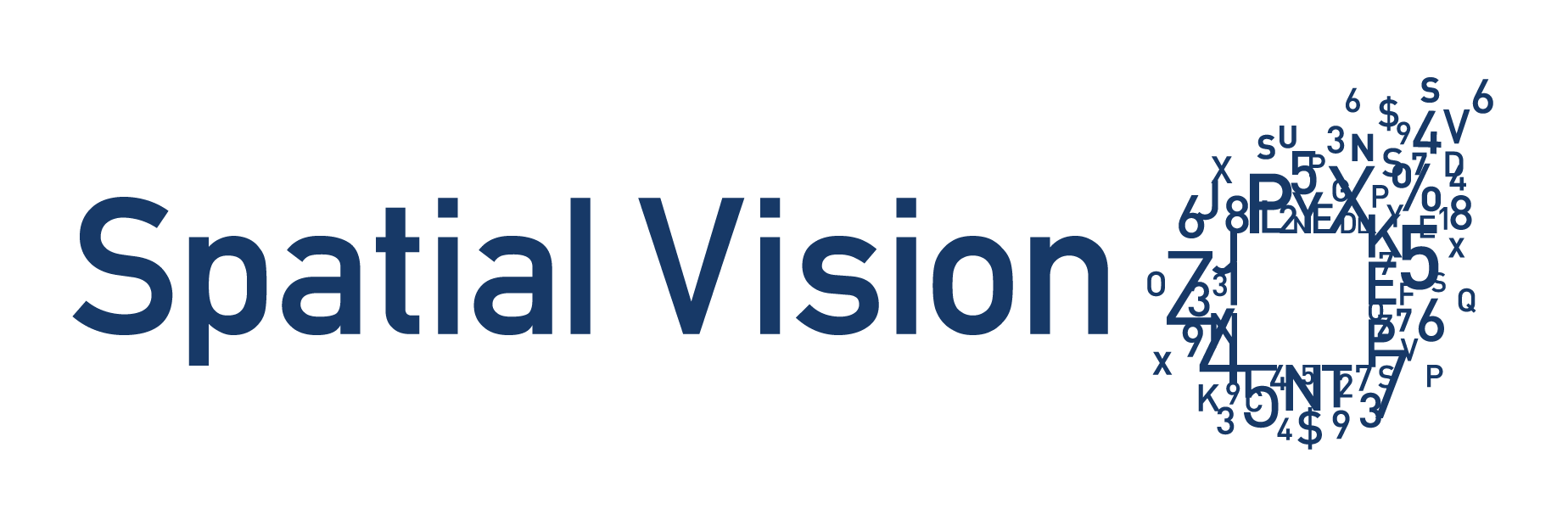Our Future and the Role of Geospatial Knowledge Infrastructure
Location intelligence can play a role in addressing many of these issues, but only if we work together.
Geospatial Knowledge Infrastructure (GKI) is essential to facilitating such collaboration, in integrating geospatial concepts, technologies and information with societal and technological change as part of a much wider digital ecosystem.
Watch the panel discussion on Advancing the Role of Geospatial Knowledge Infrastructure here.
